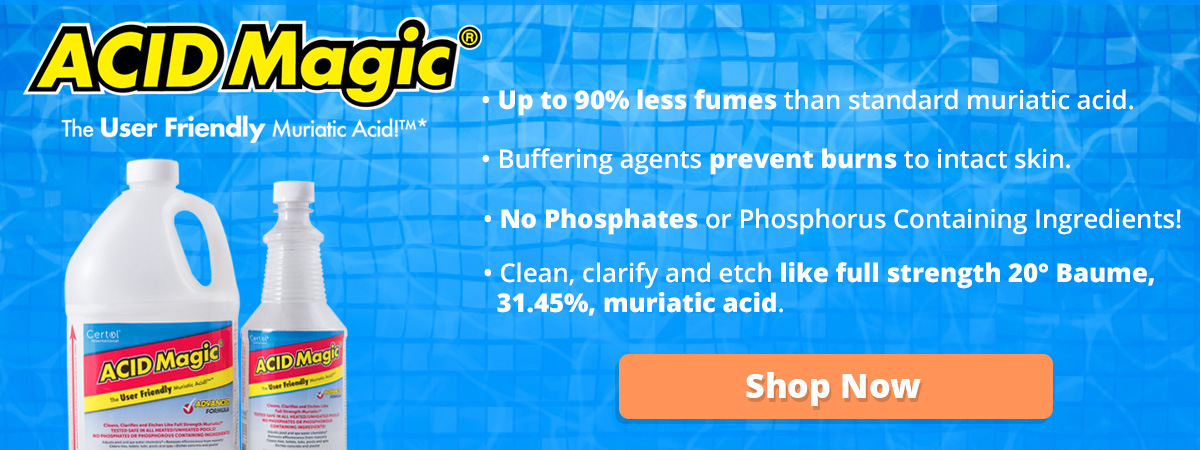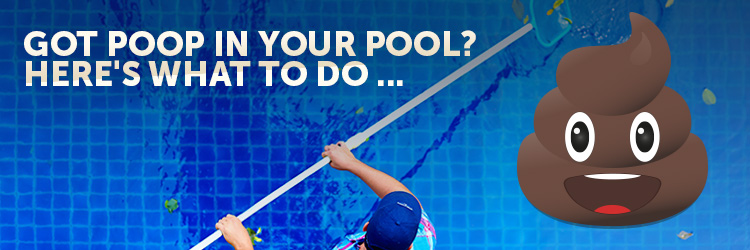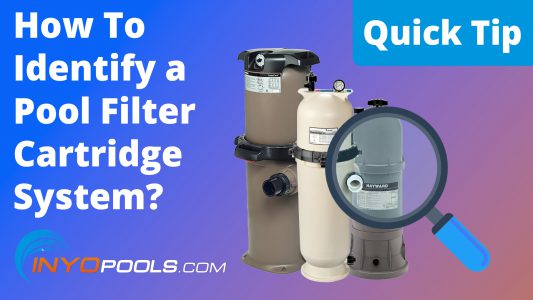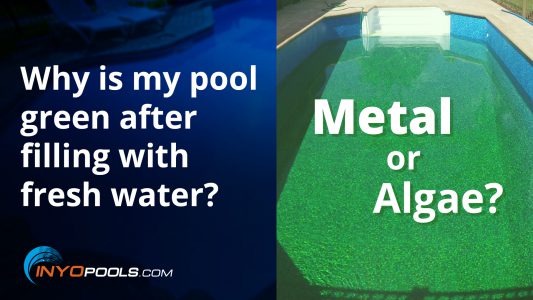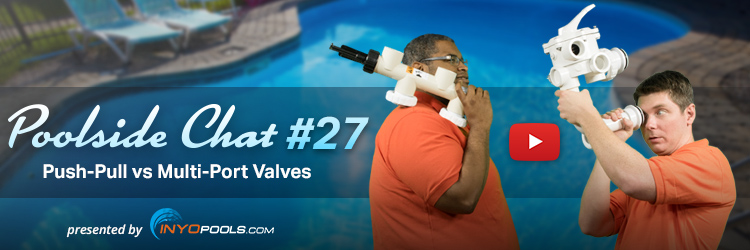Swimming is a great way to get a workout, while also having fun without putting undue stress on your joints and ligaments. But swimming may not always spark joy, especially if you swim in contaminated pool water. A new study details the dangers associated with the water in most swimming pools. During a 45-minute swim, an adult will consume two tablespoons of contaminated pool water, while a child will consume four tablespoons. Contaminated water can cause various diseases, which is why it is important to keep a safe and clean pool.
How do pools get contaminated?
The principal pollutants in a pool that are usually brought in by swimmers are sweat, dirt, urine, and fecal matter. For example, when a person with diarrhea enters the pool, the entire pool may become contaminated, causing a major risk to all the other swimmers. The water swimmers ingest while in the pool becomes an expressway for bacterial and viral infections to your immune system.
Other contaminants like bird droppings, algae, dirt, leaves, and rain surface runoff can also negatively impact the health of your pool water and swimmers. While indoor pools are not as exposed, they pose additional health risks, most notably from the inhalation of airborne contaminants.
What are the dangers that a contaminated pool brings?
When it comes to pool bacteria, there are two common parasites that are extremely dangerous: cryptosporidium and giardia. If you are unfortunate enough to consume polluted water, you may experience diarrhea, bloating, fever, nausea, and vomiting. All of this is quite uncomfortable and severe diarrhea can result in dehydration. This can be very dangerous and potentially fatal to persons with weakened immune systems, such as those undergoing chemotherapy or those with autoimmune diseases like AIDS. While cryptosporidium and giardia can be spread in various ways, the most common cause is contaminated water.
Other diseases, including skin, ear, respiratory, and eye infections, can be caused by microorganisms found naturally in water and soil. If the chemicals are not maintained appropriately, these germs can multiply and cause swimmers to become ill.
How do you properly treat a pool to avoid contamination?
To avoid the harm that contaminated pool water brings, you must properly treat it right away, and, to do that, here are the things you need to consider.
Maintain Pool Water pH Balance
The health of a pool’s water is determined by circulation, water chemistry, and general cleanliness. Nonetheless, the most critical factor is what we refer to as the water balance. If the pool’s balance or pH is too low, the typical treatment is to add sodium carbonate at a rate of 10 g per 1000 liters until the water reaches the specified ratios. If your water is too soluble, use dry acid at a similar concentration, repeating the test to ensure the water remains consistently within the proper pH range. Maintaining the right pH balance will ensure that you get the most out of your cleaning agents.
Treat Pool Water with Biocides
As with pH control, you’ll need to maintain healthy levels of sanitation chemicals like chlorine. Chlorine is the standard biocide used to control germs and algae. A biocide is a chemical that successfully inhibits bacterial growth. A commercially available chlorine-based swimming pool solution is one example of a safe product when used according to the manufacturer’s recommendations.
An alternative to salt cell liquid or tablet chlorine is salt chlorine generators (SCG). An SCG uses an electrolytic cell (also called a salt cell) to split the sodium chloride (salt) molecule into chlorine which is then used to sanitize the water. Those who are allergic to conventional chlorine or dislike the bleaching impact on clothing and hair can use this approach instead.
Control Algae
Algae is a single-cell plant that lives in unsanitized water and may also stain pool surfaces. The result of an algal bloom is murky green pool water, reminiscent of pond scum. To solve algae problems, always identify the type of algae present to decide the most effective treatment method.
UV radiation is a more straightforward means of treating algae. UV sanitizers are easily installed onto your filtration system. Because the water does not break down when exposed to UV light, bacteria and algae are the ones that get eliminated. The use of UV is also generally cost-effective and can be retrofitted to most pools.
Use Pool Filters
Pool filters are a fundamental part of maintaining a sound, sterile pool. They eliminate soil, leaves, debris, and oils. They can also be utilized to filter little particles such as giardia and cryptosporidium, which are some of the most common particles that can cause disease. However, make sure to identify your pool filter properly for maintenance or replacement purposes.
When treating pool water, supplies are needed, of course. The great news is that swimming pool supplies through the web are available at significant discounts provided by Inyo Pools. Inyo Pools is dedicated to providing consumers with the answers they require regarding pool water treatment and the most affordable pricing on swimming pool items available on the market.
